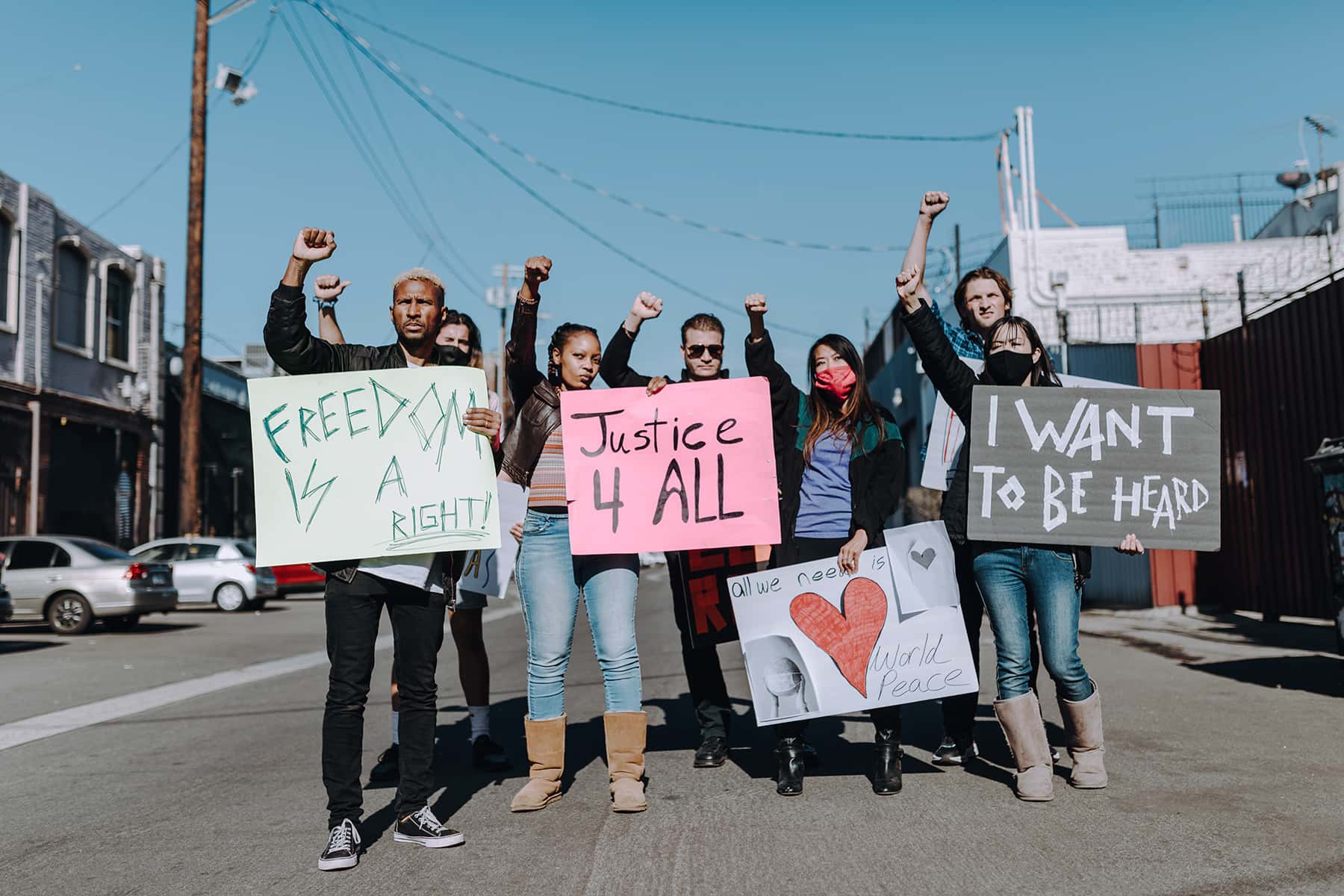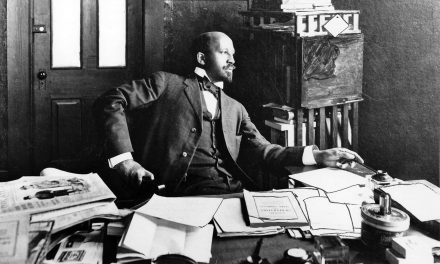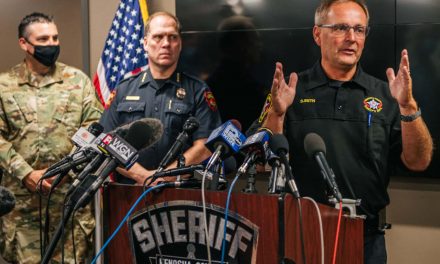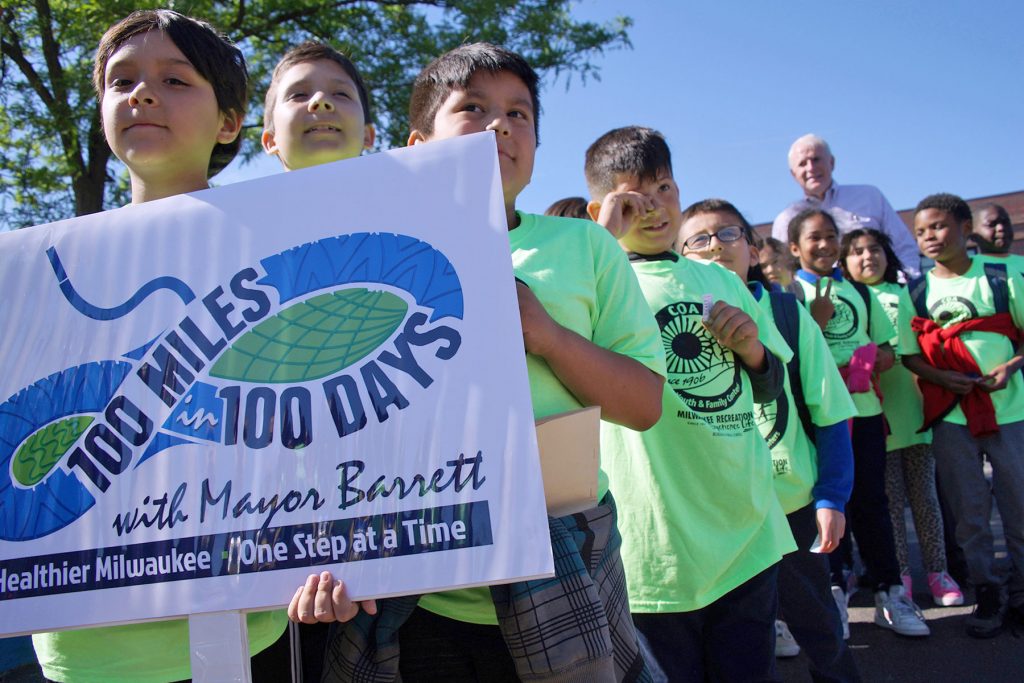
Remaining at a protest that turns violent or destructive could result in felony charges in Wisconsin under a proposal from Republican state lawmakers.
Sponsors say the plan is partly in response to last summer’s violence and destruction in Kenosha following the police shooting of Jacob Blake. It would create a definition of “riot” in state law and impose new penalties.
Under the bill, a riot would be defined as an unlawful assembly of three or more people that includes an act or threat of violence by at least one person that poses a risk or would result in personal injury or property damage, or an act that “substantially obstructs law enforcement or another governmental function.”
The proposal would make it a felony to participate in a riot that results in “substantial damage to property or personal injury,” with a minimum penalty of 45 days in jail and a maximum penalty of a $10,000 fine and up to three and a half years in prison. It would also make it a misdemeanor crime to attend or incite a riot or to block a thoroughfare while participating in a riot, with a minimum penalty of at least 30 days incarceration and a maximum penalty of up to a $10,000 fine and 9 months in jail.
During a September 16 public hearing on the plan, State Senator Van Wanggaard, R-Racine, a former police officer and one of the bill’s sponsors, said the plan “addresses the growing popularity of riots.”
“In the wake of recent disruptions both in our state and across the nation, it is important to focus on keeping the public safe and holding those responsible accountable,” Wanggaard said.
Wanggaard sponsored a very similar proposal in 2017.
Supporters of the measure include the Wisconsin Professional Police Association and Wisconsin Sheriffs and Deputy Sheriffs Association. The only opponent officially registered with the Legislature is the conservative group Americans for Prosperity, which said in its official filing it has concerns the plan could have “a chilling effect on the lawful exercise of free expression” and that it “could be inappropriately applied by government officials in a partisan or otherwise biased manner.”
During the hearing on September 16, State Senator Kelda Roys, D-Madison, raised concerns about the bill being overly broad, potentially leading to life-altering criminal charges for people who were in the wrong place at the wrong time.
“You are making people responsible for the acts of others,” Roys said. “The proposal lends itself to a real abuse of power by prosecutors through overcharging, or by police who want to crack down on otherwise lawful protests.”
On September 13, Milwaukee’s Judiciary and Legislation Committee voted to lobby against the bill. At the time, city lobbyist Jordan Primakow told the committee the proposal could allow law enforcement officers to arrest massive amounts of people.
“They could arrest 1,000 people, even though they didn’t know they were going to attend (a riot), didn’t know there was going to be property damage, physical damage to an individual,” Primakow said. “This law would allow for those people to be charged with inciting a riot and would allow for mandatory minimums for those individuals.”
One area of concern is that outside agitators could attend a peaceful protest and stage an act of violence, which would allow police to falsely classify the entire gathering as a riot.
The bill has yet to be voted on in a state Senate or Assembly committee. If approved by the full Legislature, it could be vetoed by Governor Tony Evers.
Laurel White, with Corrinne Hess
Originally published on Wisconsin Public Radio as Wisconsin GOP Bill Would Create Felony Charges For Participating In A Riot














